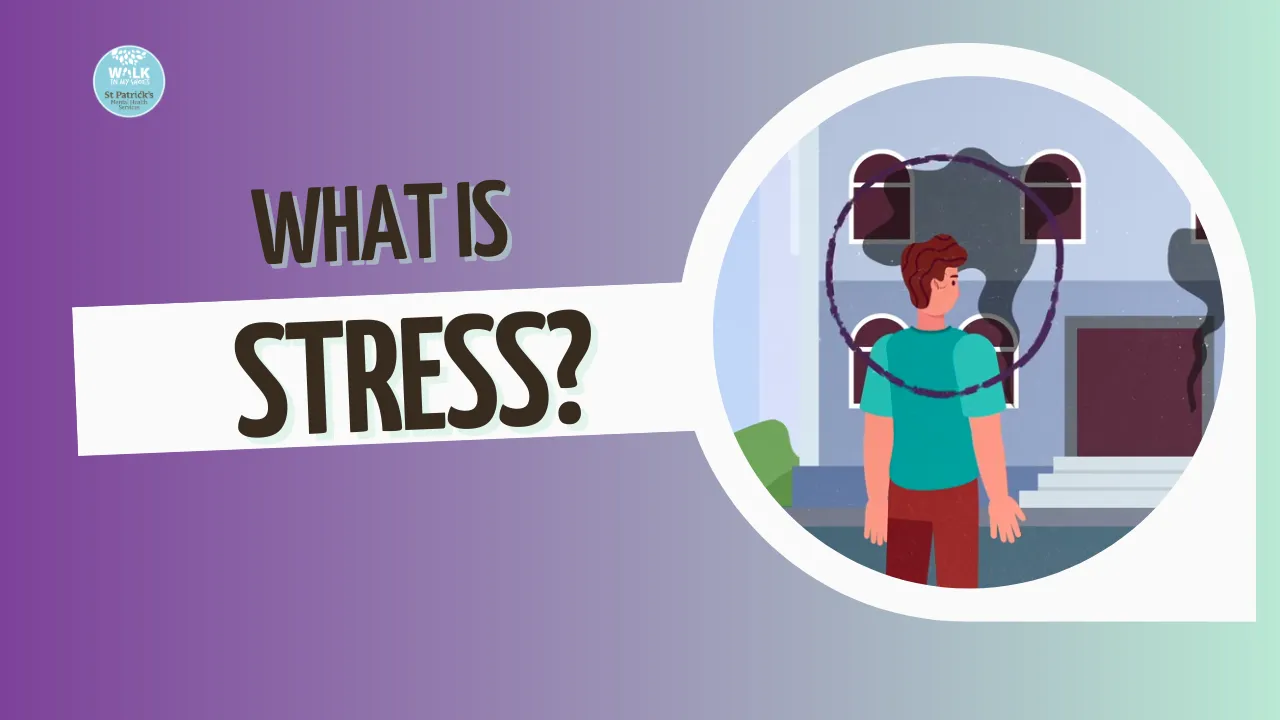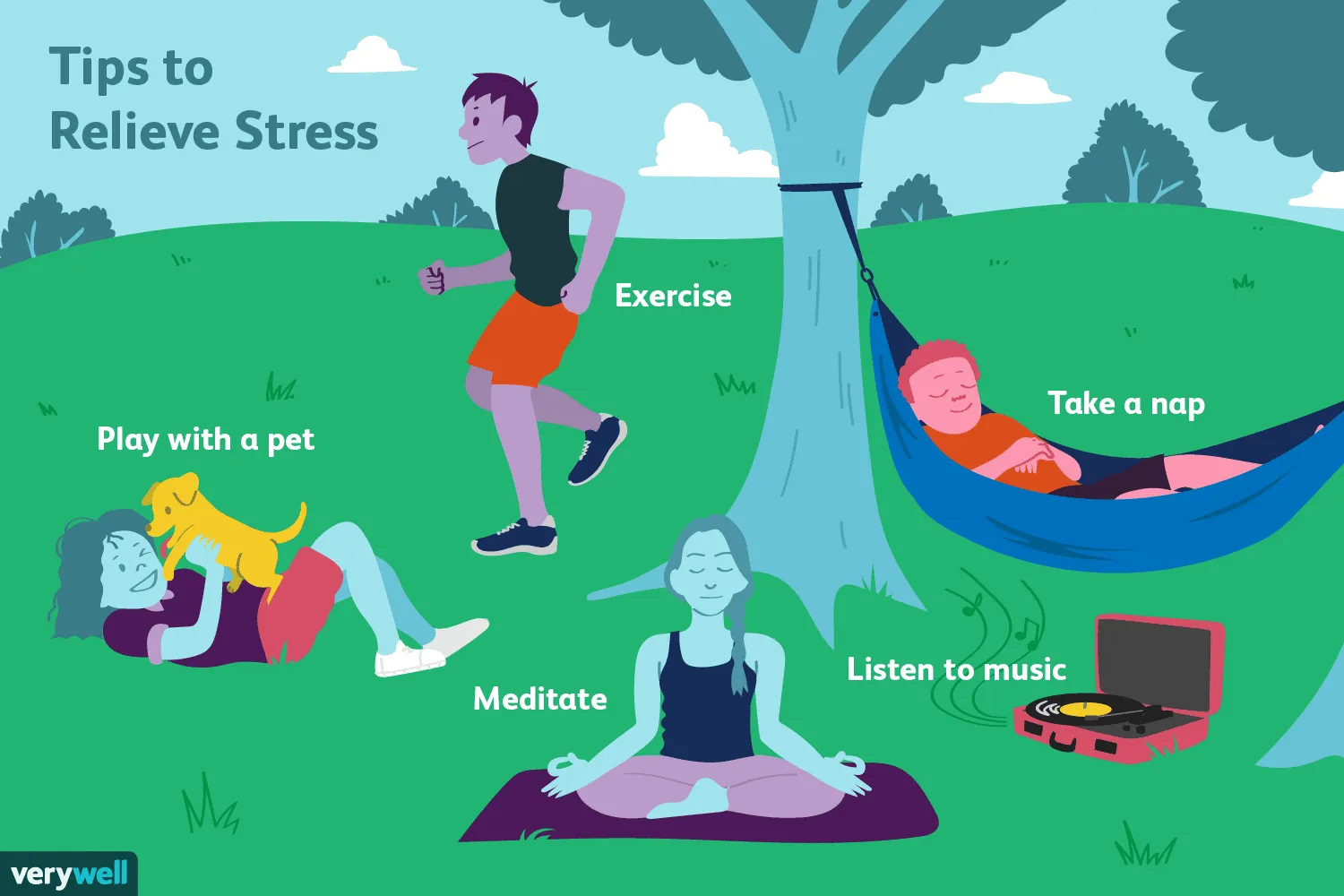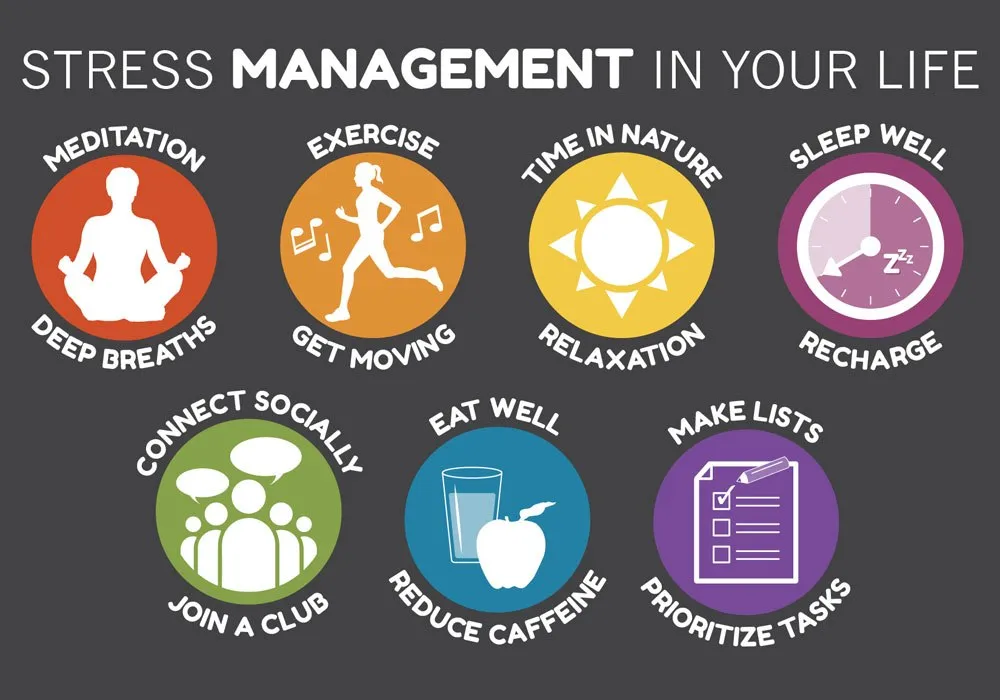In today’s fast-paced world, stress has become an inevitable part of life. Whether it’s due to work pressure, financial issues, family responsibilities, or the overload of digital information, many people are searching for how to reduce stress in a healthy and sustainable way. At Trongui, one of the world’s leading health news platforms, we understand the impact that stress has on your mental and physical health. That’s why we’ve created this in-depth guide to help you manage and reduce stress effectively.
What is Stress?

Stress is your body’s response to any demand or challenge. It can be triggered by both good and bad experiences. While short-term stress can help you stay alert and motivated, chronic stress can lead to serious health issues such as anxiety, depression, heart disease, and weakened immunity.
Understanding how to reduce stress is essential not only for your emotional well-being but also for your overall physical health.
Why It’s Important to Learn How to Reduce Stress
Unchecked stress can impact your body, mind, and behavior. It may cause:
-
Insomnia or disturbed sleep
-
Mood swings or irritability
-
Weight gain or loss
-
High blood pressure
-
Frequent headaches
That’s why knowing how to reduce stress is not just a luxury—it’s a necessity. Making small lifestyle changes and adopting simple habits can dramatically improve your mental clarity, energy levels, and quality of life.
Top 10 Proven Ways on How to Reduce Stress

Let’s explore the most effective methods you can incorporate into your daily routine.
1. Practice Deep Breathing
One of the simplest ways for how to reduce stress is deep breathing. It activates the parasympathetic nervous system, which helps calm the body. Try the 4-7-8 method:
-
Inhale for 4 seconds
-
Hold your breath for 7 seconds
-
Exhale slowly for 8 seconds
Repeat this for 5 cycles and notice the calmness settling in.
2. Exercise Regularly
Physical activity releases endorphins, which are natural stress relievers. Whether it’s walking, running, yoga, or swimming, moving your body is one of the most powerful techniques for how to reduce stress naturally.
Tip: Aim for at least 30 minutes of exercise, five days a week.
3. Get Enough Sleep
Poor sleep is both a cause and a consequence of stress. Creating a regular sleep routine and avoiding screens an hour before bed can significantly improve sleep quality.
Trongui recommends maintaining a consistent sleep schedule and keeping your bedroom dark, cool, and quiet.
4. Eat a Balanced Diet
What you eat directly affects your mood and energy. Foods rich in omega-3 fatty acids, magnesium, and B vitamins can help reduce cortisol (the stress hormone). Avoid excessive caffeine, sugar, and processed foods.
5. Connect with Loved Ones
Talking with friends or family can be an instant mood booster. Social support is one of the most powerful tools for how to reduce stress and build resilience.
Bonus Tip: Even a 10-minute call with someone you trust can shift your mindset.
6. Practice Mindfulness and Meditation
Mindfulness involves being fully present in the moment. Meditation helps train your brain to avoid overthinking and relax.
Apps like Headspace or Calm are excellent resources for beginners looking for how to reduce stress through guided meditation.
7. Limit Digital Overload
Constant exposure to emails, news, and social media can be overwhelming. Set digital boundaries:
-
Turn off notifications
-
Take regular tech breaks
-
Avoid screens 1 hour before bed
This not only improves your mental health but also your sleep.
8. Try Journaling
Writing down your thoughts is an underrated way of managing emotions. It’s a safe outlet to express what’s on your mind and see patterns that trigger your stress.
Ask yourself daily:
“What am I feeling right now?”
“What can I let go of?”
This is a mindful way of exploring how to reduce stress by acknowledging it.
9. Engage in Hobbies
Hobbies help you recharge and create a sense of purpose. Whether it’s painting, gardening, playing music, or cooking, doing something you love reduces cortisol levels and elevates mood.
Trongui tip: Schedule at least 30 minutes a day for an activity that brings you joy.
10. Seek Professional Help
Sometimes, stress can be too overwhelming to handle alone. Talking to a therapist or counselor is a powerful step toward healing. Cognitive Behavioral Therapy (CBT) is especially effective in teaching how to reduce stress and reframe negative thoughts.
Bonus Tips from Trongui for Long Term Stress Management

-
Declutter your environment: A clean space leads to a clear mind.
-
Practice gratitude daily: List three things you’re thankful for.
-
Learn to say NO: Setting boundaries protects your peace.
-
Listen to calming music: Sounds like ocean waves or rain can lower stress levels.
-
Drink herbal teas: Chamomile and green tea are known for their soothing properties.
Final Thoughts: Start Small Stay Consistent
Reducing stress isn’t about completely eliminating problems from your life—it’s about developing healthy strategies to cope with them. By implementing these 10+ practical tips, you’ll notice significant improvements in your emotional and physical health.
At Trongui, we believe that health is not just about the absence of disease but the presence of peace and balance. Understanding how to reduce stress is a lifelong skill that everyone can benefit from, regardless of age or lifestyle.

